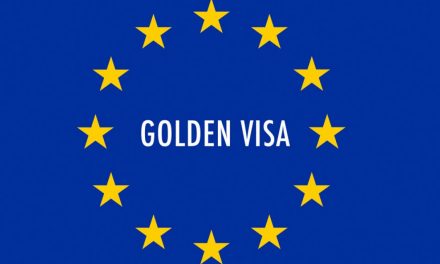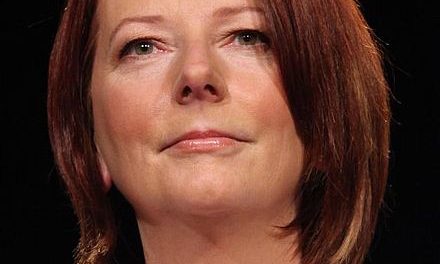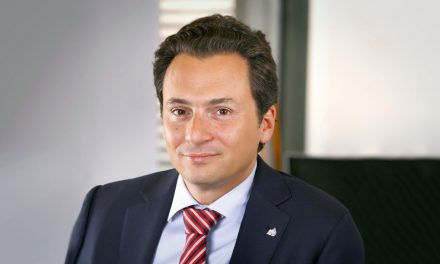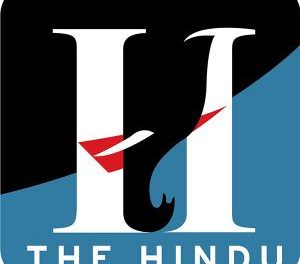Tsakhia Elbegdorj
9 June 2012. Mongolian President Tsakhia Elbegdorj called on the United Nations, European Union, United States and its other global allies to support Mongolia’s efforts to clamp down on public corruption. Earlier this spring, Mongolia’s Independent Authority Against Corruption (IAAC) called for the arrest of former Mongolian president Nambaryn Enkhbayar.
Since the IAAC’s first subpoenas were issued to Mr. Enkhbayar over one year ago, in May of 2011, the IAAC initiated 27 separate investigations, ranging from embezzlement to extortion and bribery; of these ongoing investigations, the IAAC has initially charged Mr. Enkhbayar with five offenses. President Elbegdorj urged the country’s democratic allies to recognize the need for due process of law in Mongolia while an open judicial process moves forward on the charges.
Since his arrest on 13 April 2012, Mr. Enkhbayar has had unfettered access to legal counsel as well as both domestic and international news media. He has been treated with respect and accorded his full human rights and protections afforded to any criminal defendant under Mongolia’s Constitution. Now out on bail, Mr. Enkhbayar’s trial is set to begin on 12 June 2012.
The independent General Election Commission of Mongolia (GEC) ruled on 6 June 2012, after an 8-1 vote, that Mr. Enkhbayar was ineligible to run for a seat in Parliament due to the pending criminal allegations against him. The GEC is an autonomous body with a head appointed and members approved by the Parliament.
Much of the international coverage of this case has been wildly inaccurate, distorted by a sophisticated public relations campaign on Mr. Enkhbayar’s behalf. In fact, Mr. Enkhbayar has been treated with great respect and personal dignity. To counter erroneous reporting of the facts relating to the investigation, arrest, and charges against him by Mr. Enkhbayar and his supporters, Mongolian President Tsakhia Elbegdorj today issued the following statement:
“My first decree as the President of Mongolia was to call for promoting and enhancing civic education to affirm democracy, freedom and human rights as fundamental values of the Mongolian people. I have also acted to effectively end Mongolia’s use of the death penalty, and late last year our government was recognized by U.S. Secretary of State Hillary Clinton for our civil rights commitments. This spring marked the 25th anniversary of open Mongolia-U.S. relations and a shared belief in a commitment to the rule of law, governing transparency, and the sanctity of human rights. As with the support that our American allies have provided Mongolia in deepening the roots of democracy, it is our hope that the U.S. as well as our European allies will acknowledge and support Mongolia’s work to end the scourge of corruption that otherwise will hinder the progress of our democratic system.”
“Mongolia’s growth into a mature democracy requires continued work to eliminate the scourge of corruption that plagues too many of the world’s developing countries. Mr. Enkhbayar’s case is one of nearly 20 high profile corruption cases. Freedom and corruption cannot co-exist together. And freedom, human rights, rule of law are non-negotiable, as is the fight against corruption. The law should apply equally with no preferential treatment for anyone. It is a core principle of democracy that no one is above the law, and that includes everyone from high government officials to ordinary citizens,” said President Elgebdorj.
“I urge citizens of democratic nations around the world to follow the trial carefully, consider the facts as they are presented, and avoid rushing to judgment until the evidence against Mr. Enkhbayar has been publicly laid out in a court of law. As Mongolia continues her progression into a modern, democratic society, we will need the support of our allies and the democratic world. It is crucial that Mongolia’s allies pay close attention to the facts revealed during the trial of Mr. Enkhbayar.”
“On June 28, Mongolians throughout the country will exercise their democratic rights to cast their ballots for their choice to represent them in parliament. We invite the world to witness our unyielding commitment to democracy, human rights, and the rule of law by coming to Mongolia to enjoy unrestricted access to observe our electoral process.”
“Whether Mongolia shall prevail as a free, open beacon of human rights, or whether she shall fall into injustice and corruption is an issue of pivotal significance at this juncture of Mongolia’s development,” concluded President Elbegdorj.
Mongolia’s anti-corruption entity, the Independent Authority Against Corruption (IAAC), was established in 2006 during the presidency of Mr. Enkhbayar, and is headed by a former police officer. Today, the IAAC stands to ensure transparency and accountability in government, and advance the goals of the U.N. Convention against Corruption (UNCAC). The Authority has a chairman and deputy appointed by the Parliament, which is controlled by the Mongolian People’s Party (MPP), which Mr. Enkhbayar previously led.
SOURCE The Office of the President of Mongolia














